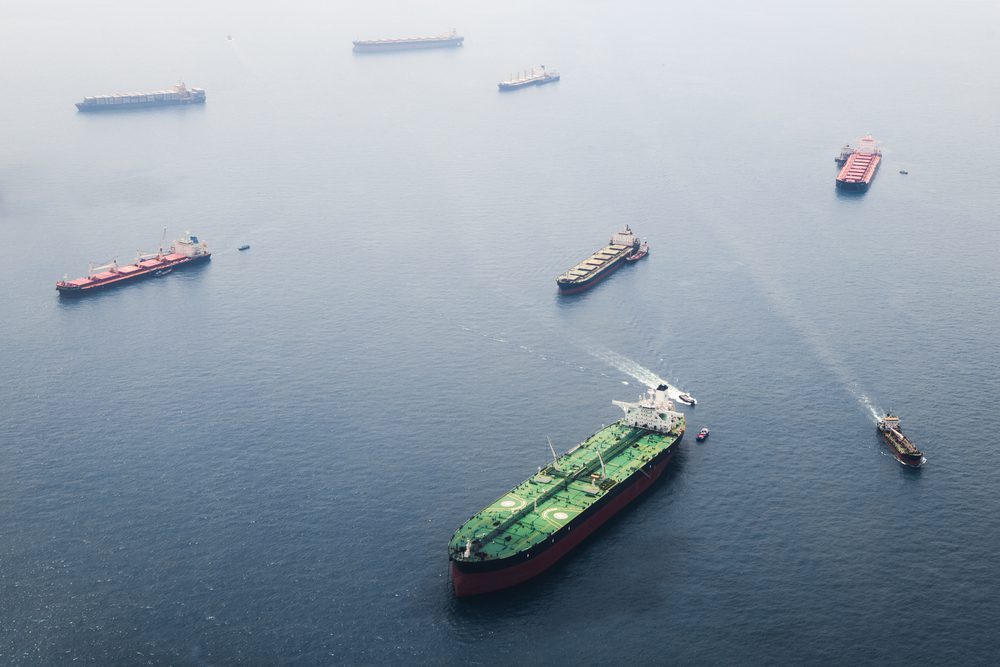Israel launched extensive pre-emptive airstrikes against Iran early Friday morning in a major escalation of regional tensions, targeting Tehran’s military leadership, scientific experts, and nuclear facilities—an action with significant implications for shipping.
According to maritime security firm Ambrey, the strikes resulted in the reported deaths of key Iranian military figures, including the Chief of the General Staff of the Iranian Armed Forces, Mohammad Bagheri, and the Commander-in-Chief of the Islamic Revolutionary Guard Corps, Salami. Two high-ranking nuclear scientists were also reportedly killed in the attacks.
Iran responded by launching unmanned aerial vehicles (UAVs) toward Israel via Iraq and Syria, though all were reportedly intercepted before reaching their targets.
While the attack’s immediate impact on maritime operations appears limited, with no direct effects on shipping reported, Ambrey warns of potential risks to vessels in the region. “Israel’s attack was on an unprecedented scale and scope,” the security firm noted, adding that “further Israeli military strikes are possible” as the extent of damage to Iran’s nuclear capabilities remains unclear.
Of particular concern is the heightened risk to Israel-affiliated shipping in the Arabian Sea, Gulf of Oman, and Arabian/Persian Gulf. The situation is further complicated by recent developments in U.S.-Iran negotiations, with uncorroborated reports indicating Iran has cancelled scheduled talks with the United States on a new nuclear agreement.
Maritime operators are advised to implement several precautionary measures. Ambrey recommends thorough affiliation checks for vessels planning to transit through the affected regions. Vessels with strong affiliations to the target profile are advised to avoid these areas where possible.
The security firm also stressed the importance of preparing alternative routes, particularly for high-risk transits. “Merchant vessels are advised to reconsider transiting through the Strait of Hormuz and close to Iranian waters, as well as to seek drifting locations close to friendly and protected territorial waters” in the event of escalation.
While the U.S. has stated its non-participation in the strikes, the situation remains fluid. The risk to shipping through the Strait of Hormuz is currently described as discrete, with no combat area designated that might disrupt shipping at large.
Shipping companies are urged to conduct thorough Ship Security Assessments and implement appropriate protection measures before sailing in the affected regions.

 Join The Club
Join The Club











